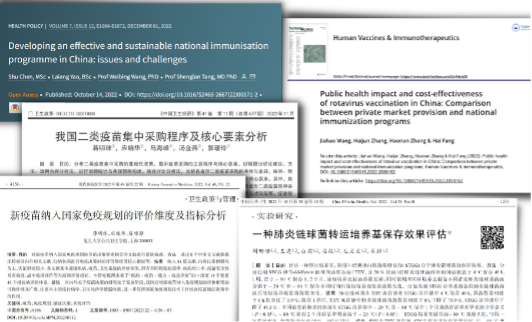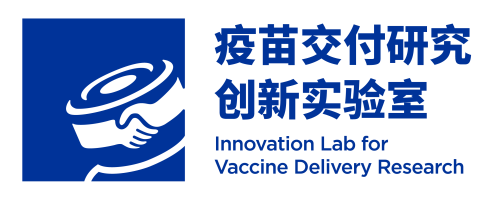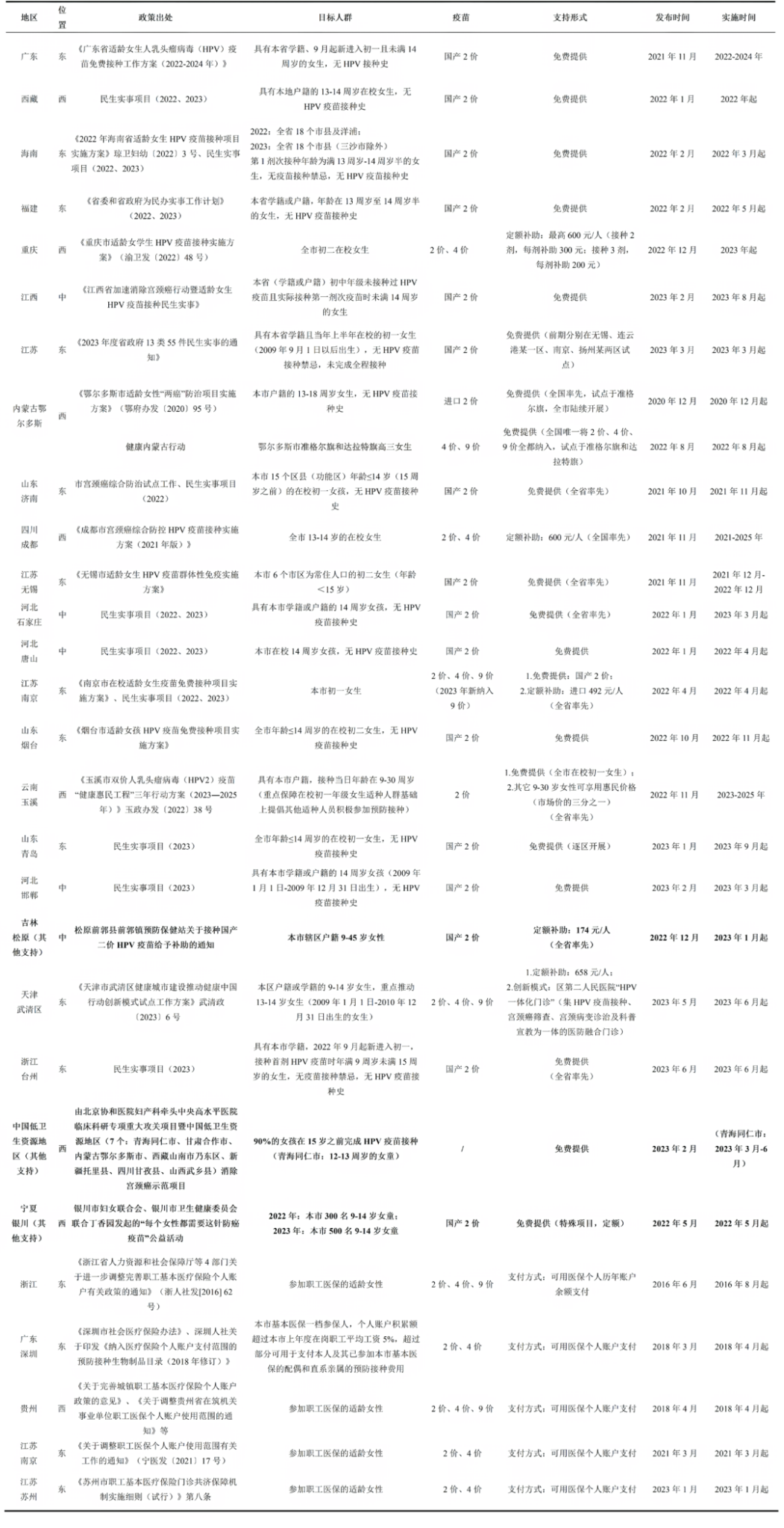Vaccine development and global immunization represent one of the most significant accomplishments in public health history. As one of the earliest and largest adopters of national immunization programs, China has made remarkable progress in vaccine accessibility and coverage. However, challenges remain in the uptake of non-National Immunization Program (NIP) vaccines—such as pneumococcal conjugate vaccine (PCV), HPV vaccine, and rotavirus vaccine—with some coverage rates lagging behind global averages.

To address these gaps, the Innovation Lab for Vaccine Delivery Research (VaxLab) at Duke Kunshan University was established in December 2021 with support from the Bill & Melinda Gates Foundation. Under the leadership of Professor Shenglan Tang, the lab is dedicated to advancing China’s immunization efforts through evidence-based research and policy advocacy.
- Since its inception, VaxLab has focused on four key areas:
- Advocating for the inclusion of WHO-recommended vaccines in China’s NIP
- Strengthening NIP strategies
- Improving vaccine delivery efficiency and coverage
- Optimizing vaccine financing and service models
A landmark study, “Developing an effective and sustainable national immunization programme in China: issues and challenges,” was published in The Lancet Public Health, systematically reviewing China’s immunization achievements and proposing policy recommendations—from legal framework improvements to financing reforms. The research sparked broad discussion, including a widely read article (“China’s NIP Hasn’t Expanded in 15 Years—Is It Time for New Vaccines?”) with over 22,000 views.

To date, VaxLab has published multiple papers in high-impact journals such as The Lancet Public Health, Human Vaccines & Immunotherapeutics, Chinese Journal of Public Health, and Chinese Health Economics, providing critical evidence for policymaking.
Besides, VaxLab actively fosters collaboration through its flagship technical workshops. In November 2022, the team organized workshop for “Vaccine Procurement and Financing,” featuring insights from Clinton Health Access Initiative (CHAI) on Indonesia’s PCV rollout. In January 2023, a “Reducing Vaccine Hesitancy” workshop was held with high popularity, featuring Emory University’s Professor Lavanya Vasudevan to share the global strategies in addressing vaccine misinformation and disinformation on social media. These exchanges offer valuable lessons for improving China’s vaccine coverage.
Moving forward, VaxLab will deepen its commitment to innovation in vaccine delivery research and bridge academic communities for high-impact research to support a more efficient, equitable, and sustainable immunization ecosystem in China.





